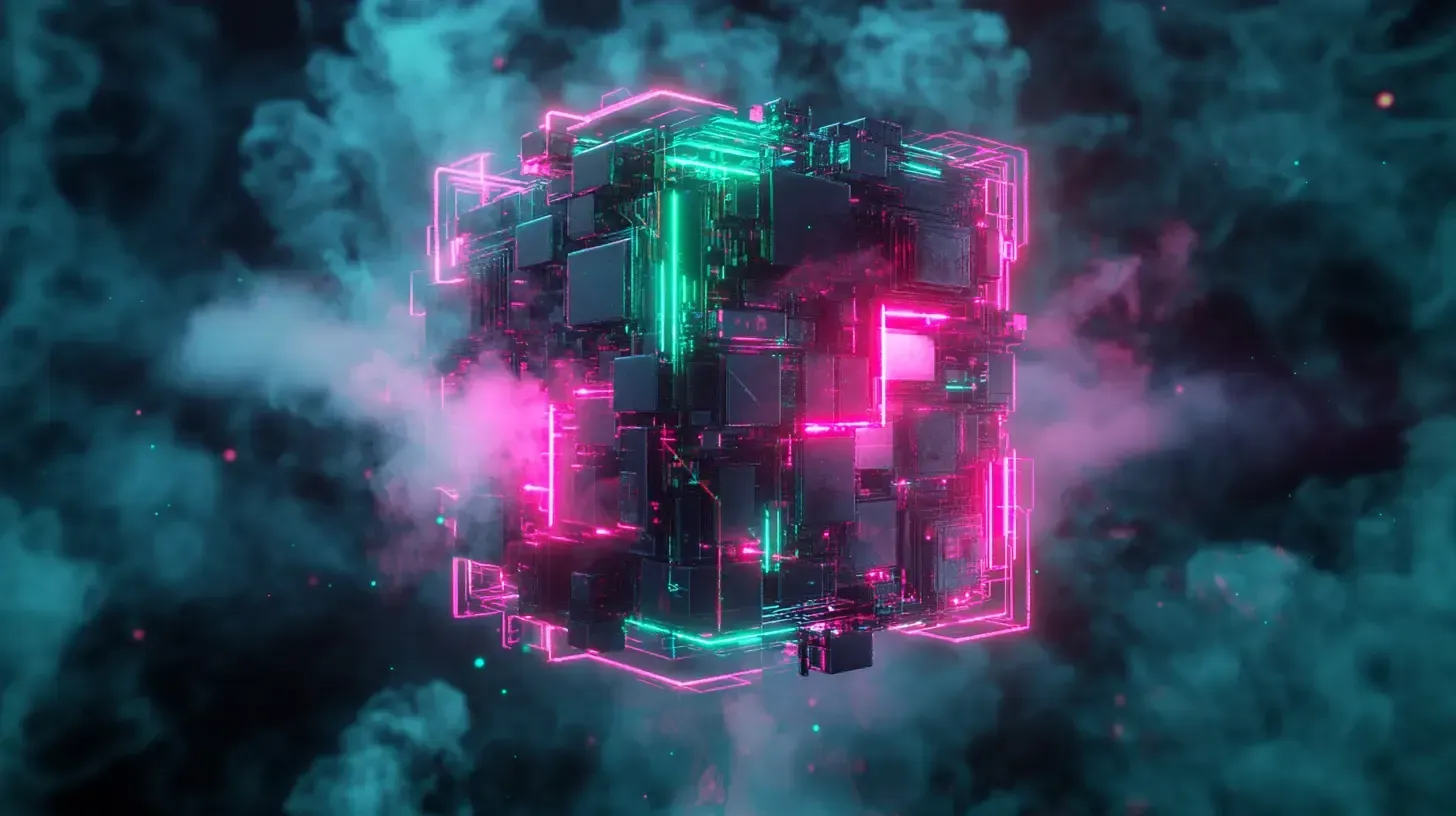AI-Driven DAOs and the Future of Decentralized Governance
Introduction
As DAOs (Decentralized Autonomous Organizations) grow in number and influence, they are reshaping how we think about governance. Unlike traditional organizations that rely on hierarchy and human administrators, DAOs run on smart contracts and community consensus. They emphasize transparency, autonomy, and decentralization. But as these organizations scale, they face serious operational challenges: voter fatigue, decision overload, and limited coordination. Enter artificial intelligence.
AI-driven DAOs represent a new frontier where machine learning and automation meet blockchain-based governance. In this blog, we explore how AI is being integrated into DAOs, what it enables, the infrastructure behind it, and what challenges we must address along the way.
What Is a DAO, and Why Does It Matter?
DAOs are blockchain-based organizations governed not by executives or boards, but by rules encoded in smart contracts and the decisions of their members. Every significant action—from treasury spending to protocol upgrades—is decided by community vote.
Key features include:
- Decentralization: No central authority. Power is distributed among members.
- Transparency: All transactions and votes are publicly recorded on-chain.
- Automation: Smart contracts execute approved decisions without intermediaries.
This model promises more democratic and tamper-proof governance. But it’s not without friction. As communities scale, participation drops and complexity rises.
How AI Enhances DAO Governance
AI offers a way to augment DAO operations without compromising decentralization. Here’s how:
Proposal Summarization: DAOs like MakerDAO and Arbitrum use AI to digest long, technical proposals and forum discussions into concise summaries, making governance more accessible.
Intelligent Vote Delegation: AI agents can vote on behalf of members based on pre-set preferences, helping maintain quorum and reduce voter fatigue.
Treasury Optimization: Projects like SingularityDAO use AI to manage portfolios, suggesting fund allocations based on market trends.
Sentiment Analysis: Aave DAO has experimented with AI to gauge community sentiment across social channels and forums, providing a qualitative complement to on-chain votes.
Moderation and Community Health: AI bots can flag spam or toxic content in community forums and maintain productive discourse.
Proposal Drafting and Knowledge Management: AI tools can help draft governance proposals and even act as searchable, AI-powered helpdesks for DAOs.
Real-World Examples
Several DAOs are already deploying AI in meaningful ways:
- MakerDAO: Uses AI to summarize governance threads and automate certain risk-related smart contract functions.
- Arbitrum DAO: Implemented real-time AI notifications to boost voter participation.
- Aave DAO: Used AI to integrate sentiment analysis with governance decision-making.
- SingularityDAO: Employs AI for dynamic asset management within its DeFi-focused DAO.
- Autonolas (Olas): Provides infrastructure for co-owned autonomous agents governed by DAOs, including an AI voting delegate called “Governatooorr.”
Infrastructure Behind AI-Driven DAOs
Building an AI-enhanced DAO involves connecting off-chain AI computations with on-chain smart contracts. This requires:
- Oracles: Services like Chainlink act as bridges between AI outputs and blockchain logic.
- Off-chain Agents: Bots and services that perform AI tasks and interact with smart contracts securely.
- Smart Contract Extensions: Contracts that allow AI inputs to trigger specific DAO actions.
- Identity Systems: Frameworks to differentiate between human members and AI agents.
Benefits
- Scalability: AI handles large volumes of data and routine decisions at speed.
- Participation: Summaries and alerts lower the barrier to informed voting.
- Security: AI can detect anomalies, Sybil attacks, or manipulative voting patterns.
- Transparency: AI actions and decisions can be logged and audited on-chain.
Challenges and Ethical Concerns
Despite its promise, AI introduces risks:
- Bias and Data Quality: Poor input leads to flawed output. Training datasets must be diverse and up-to-date.
- Black-Box Decisions: Complex models can be opaque. Explainability is crucial.
- Security: Off-chain agents are vulnerable to exploits if not properly sandboxed.
- Loss of Human Oversight: Over-reliance on AI may erode community engagement.
- Proof of Personhood: Preventing bots or rogue AI from overwhelming governance requires robust identity systems.
The Road Ahead
AI won’t replace human governance—but it can augment it. We are likely to see:
- DAO-to-DAO Coordination: AI agents brokering deals or aligning votes between DAOs.
- Standardized AI Modules: Reusable smart contracts and off-chain agents for governance automation.
- AI-Governed Public Goods: Communities using DAOs to govern and oversee powerful AI models collectively.
- Fully Autonomous AI-DAOs: Experimental DAOs where AI agents act as the core operating logic.
Conclusion
AI-driven DAOs are not science fiction. They’re happening now, incrementally, as communities experiment with smarter governance tools. The fusion of machine learning and blockchain governance holds incredible potential—but only if we remain vigilant about transparency, fairness, and decentralization.
Consensus Labs is exploring these intersections deeply, and we invite you to join the conversation. What role do you think AI should play in decentralized governance? Let us know.

